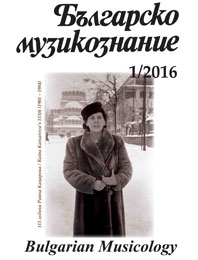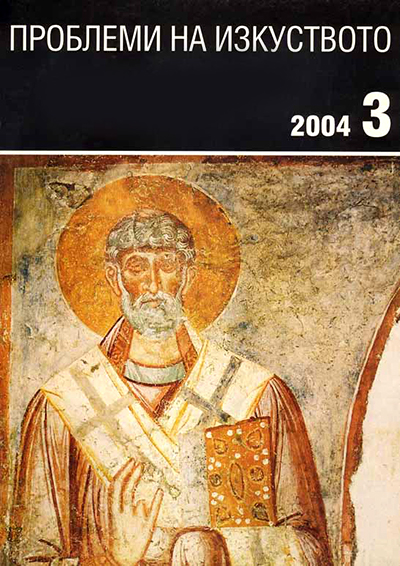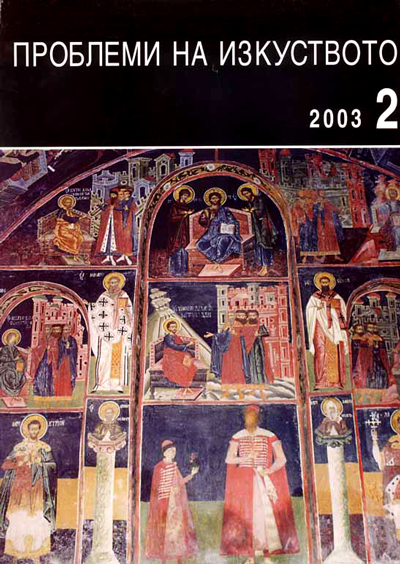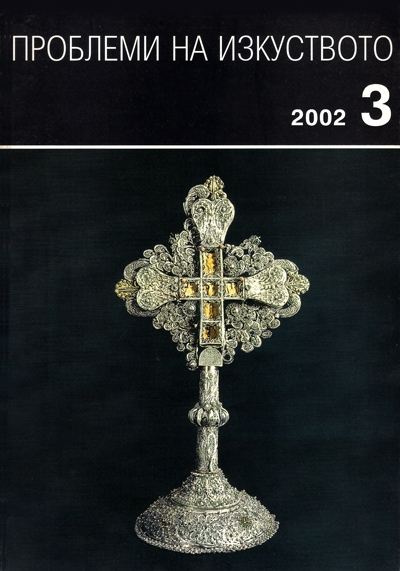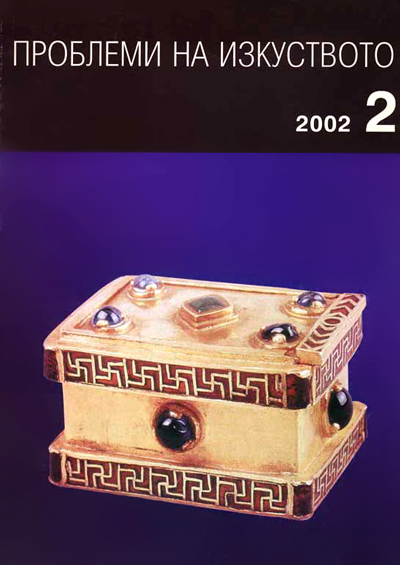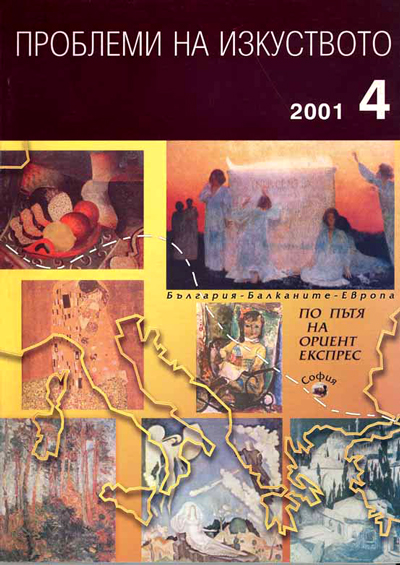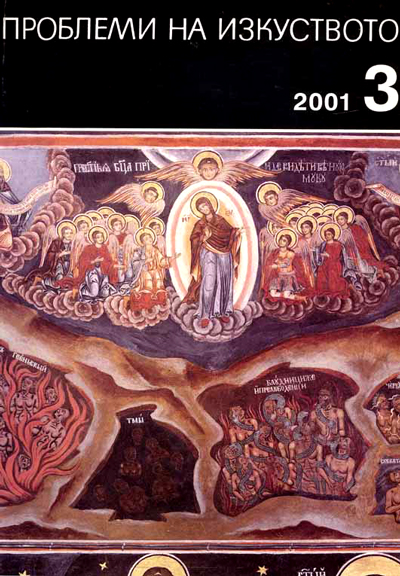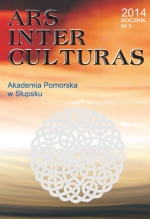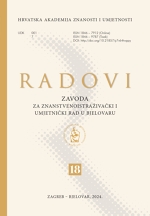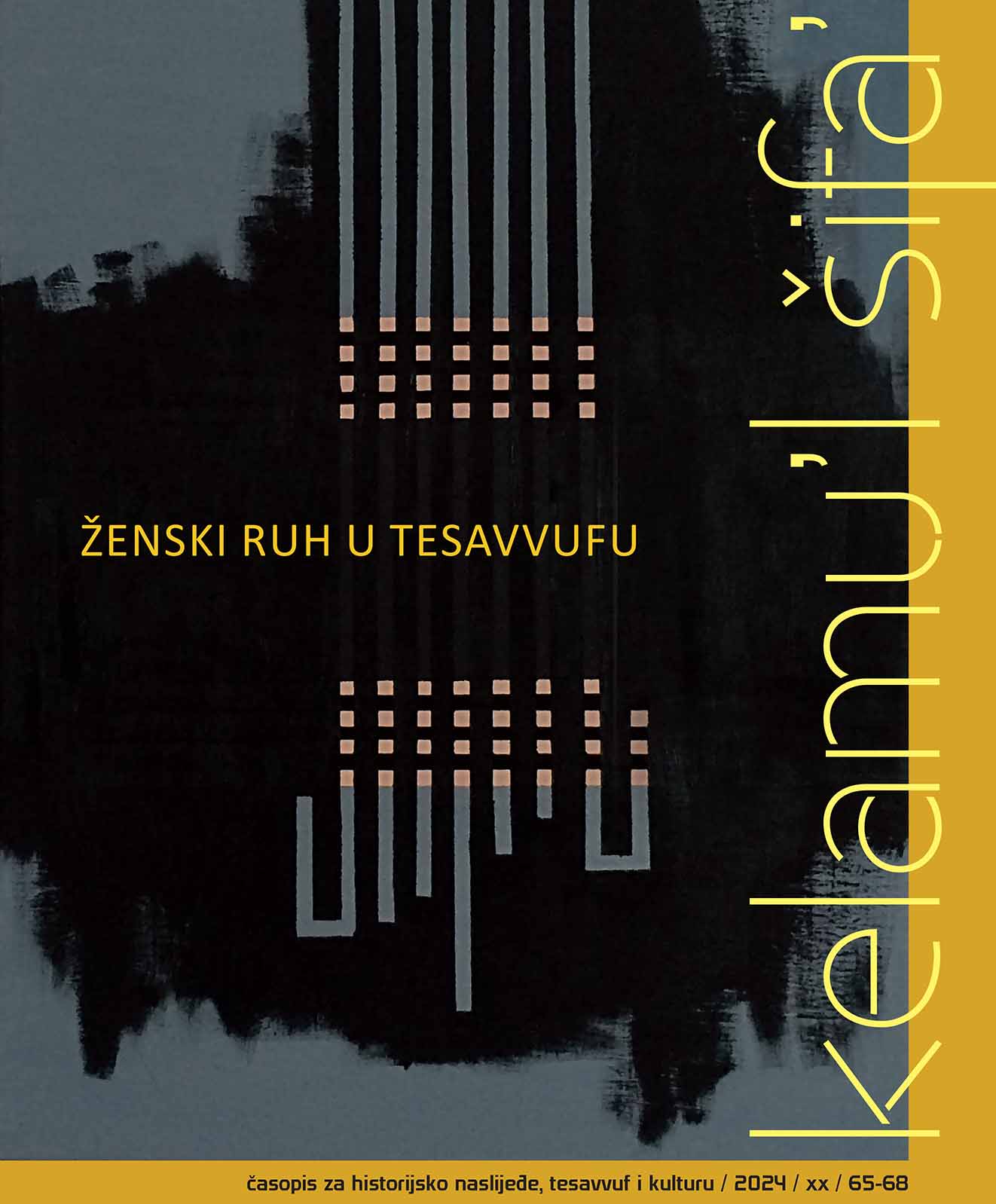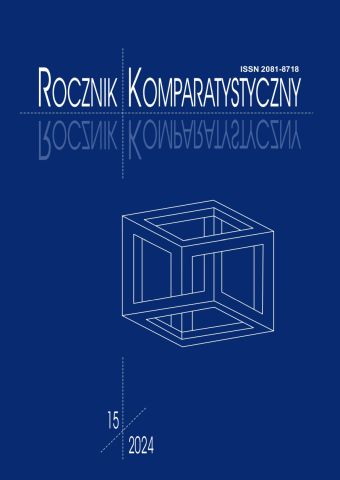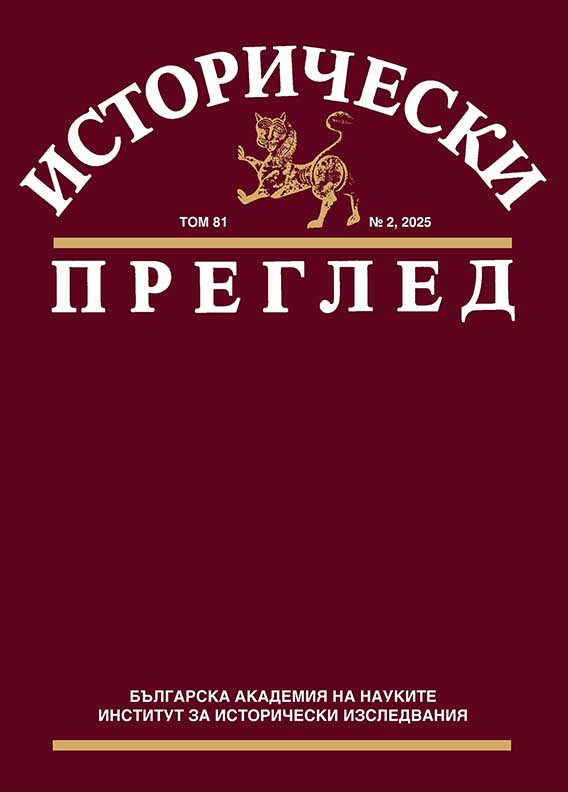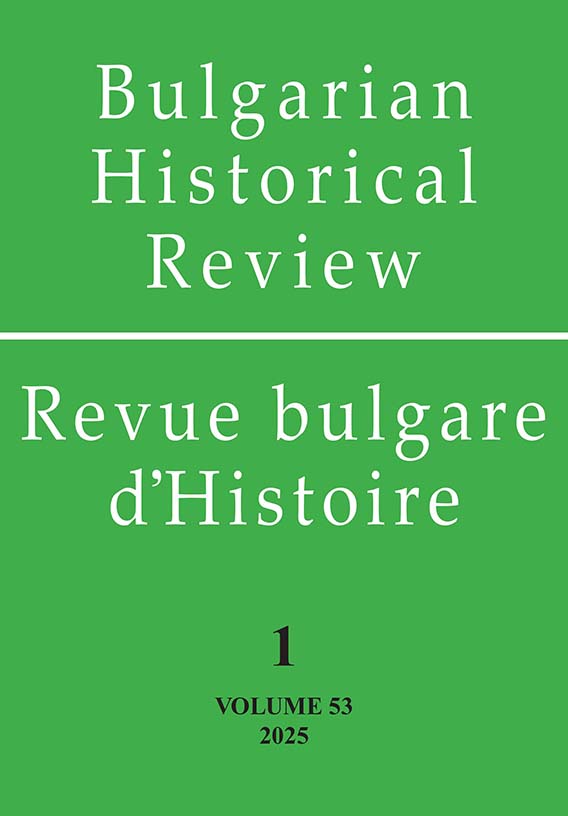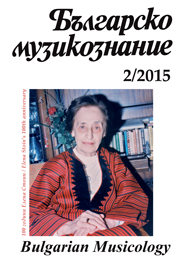
Изследователска група „Музика и танц в Югоизточна Европа”: преживяна история
The process of creation and development of the ICTM Study Group Music and Dance in Southeastern Europe at UNESCO is researched in the text. The occurrence of idea to create this Study Group and its development in the period 2005–2007 are observed. After the establishment of the Study Group on Music and Dance in Southeastern Europe by the ICTM Board in Canberra,Australia (February 16-17, 2008), four symposia were held that are presented in the text: 1) 2008 – Ohrid, Macedonia; 2) 2010 – Izmir, Turkey; 3) 2012 – Berovo, Macedonia; 4) 2014 – Valjevo, Serbia. There are outlined the closest perspectives for the study group connected with the organization and realization of the next Fifth Symposium in 2016 hosted by the South-West University “Neofit Rilski” in Blagoevgrad, Bulgaria.
More...
